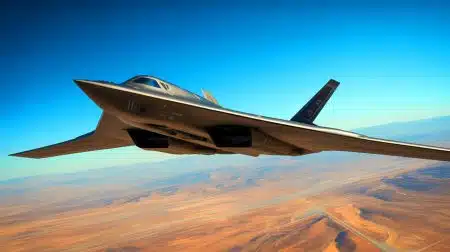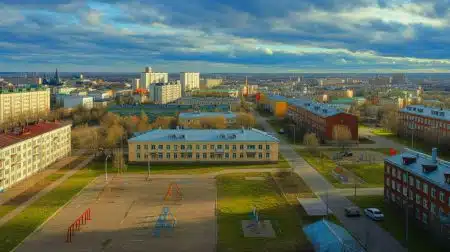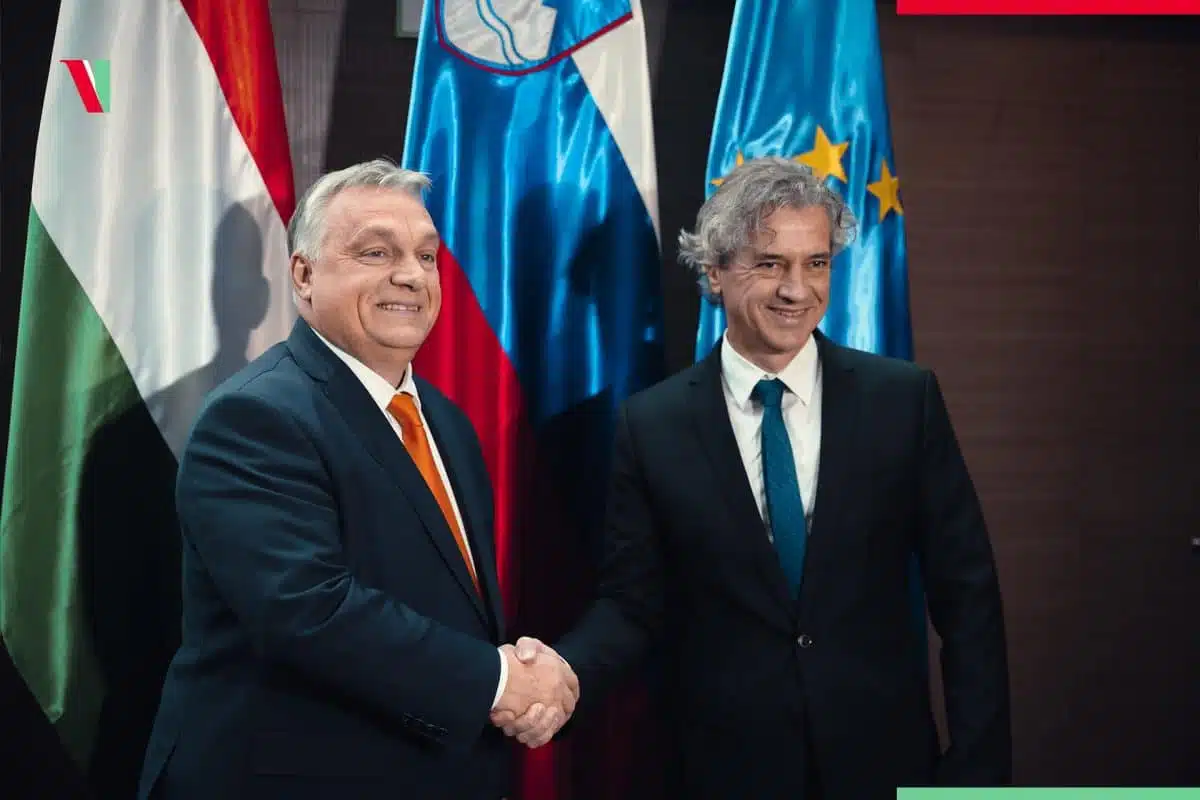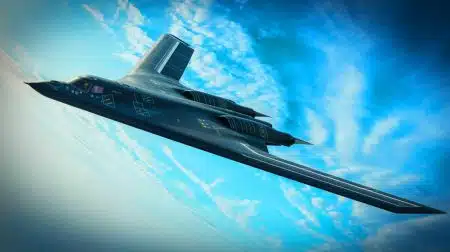Slovenia/Hungary – Slovenian Prime Minister Robert Golob, his Hungarian counterpart Viktor Orbán, and Croatian Energy Minister Davor Filipović jointly inaugurated the first high-voltage line connecting the Slovenian and Hungarian electricity grids in Cirkovce, Slovenia, on 2 December.
On this occasion, Golob and Orbán mentioned a gas pipeline project that would allow Hungary to import Algerian gas and, as Robert Golob put it,
“allow Hungary to free itself from dependence on Russian gas in the medium term and find an independent source that passes through Italy”.
From 1 January 2023, Slovenia will supply one third of its own needs with Algerian gas, with 300 million cubic metres per year.
The Slovenian PM also said, about the projected interconnections, that he considers them to be “an expression of solidarity between [the] two countries”.
For his part, the Hungarian PM explained that Hungary had three routes for reducing its dependence on Russian gas – Romania, Croatia and Slovenia – and that it intended to explore all three options.
“We are interested in all three”, he said.(…) “We want to eradicate this addiction. Hungary has established links in other directions, but these capabilities are insufficient to achieve full diversification. I plan to cooperate [with Slovenia] in a pragmatic way. (…)
If we conclude one of the projects, it does not mean that we are not interested in other options.”
Hungary is currently dependent on Russian gas for 65% of its national consumption, and is striving to establish greater diversification of its supplies in the medium term. This is a major challenge given its lack of direct access to the sea, its current budgetary difficulties, and its existing infrastructure.
Did you like it? 4.4/5 (24)








Why is this project necessary? Can’t we focus on renewable energy instead? 🤔
Are there any environmental assessments available for this pipeline? 🌍
Wow, a big step towards energy independence! Thank you for the update!
Will this project have any impact on gas prices for consumers in Slovenia and Hungary?
I’m skeptical about this whole project. Are they considering the ecological impact at all? 😒
Great news! This is a win-win for both countries. 👍
How long is the construction expected to take? ⏳